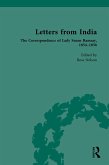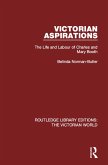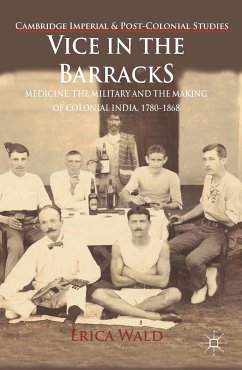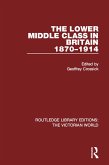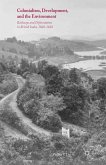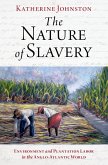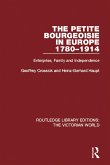The hidden histories of empire, told through the haunted afterlives of colonial migrations Indian migrants provided the labor that enabled the British Empire to gain control over a quarter of the world's population and territory. In the mid-1800s, the British government began building an elaborate bureaucracy to govern its mobile subjects, issuing photo IDs, lists of kin, and wills. It amassed records of workers' belongings such as handwritten IOUs, crumpled newspaper clippings, and copper bangles. Worldly Afterlives uses this trove of artifacts to recover the stories of the hidden subjects of empire. Navigating the remains of imperial bureaucracy-in archives scattered across Asia, Africa, the Middle East, and the Americas-Julia Stephens follows migrant families as they traverse the Indian Ocean and the British Empire. She draws on in-depth interviews to show how the histories of empire reverberate in the present through the memories and experiences of their descendants, who collected their own remnants of empire in albums and curio cabinets. We encounter women, subaltern migrants, and people of mixed heritage whose family stories upend ethnonationalist and patriarchal approaches to studying Asian diasporas. What emerges is a social history of Indian migration and a political history of British imperial governance, one that offers a new methodological approach to the historian's craft. Spanning archives, family collections, cemeteries, online ancestry, and social media, Worldly Afterlives breaks down boundaries that separate academic, amateur, and public history to open new conversations about the ongoing legacies of empire.
Dieser Download kann aus rechtlichen Gründen nur mit Rechnungsadresse in A, D ausgeliefert werden.



